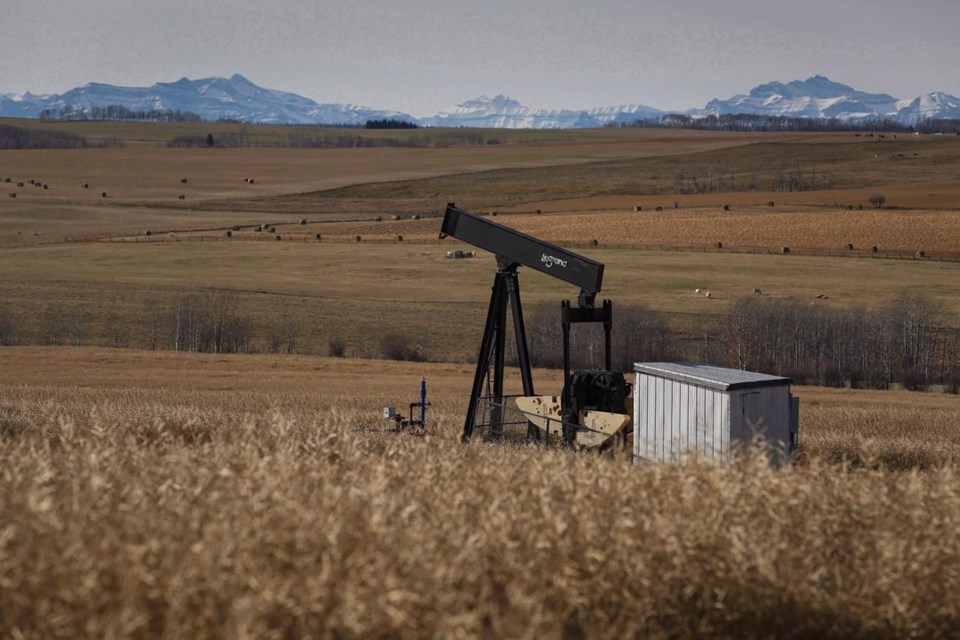EDMONTON — Landowners and legal experts say Alberta's hastily passed bill to help clean up the province's huge stockpile of abandoned energy facilities harms property rights without addressing why the problem exists in the first place.
They say the United Conservative government, which passed the bill in three days in an emergency session last week — despite the fact the problem is decades old, is using the COVID-19 crisis to make legislation without consulting the people it affects.
"This has very little to do with COVID," said Regan Boychuk of the Alberta Liabilities Disclosure Project, a watchdog group of landowners and policy analysts.
"It wasn't possible for landowner or opposition politicians to digest or analyze, let alone meaningfully respond, in three days. One has to assume that was the objective."
Nigel Bankes, a professor of resource law at the University of Calgary, also criticized how quickly the bill became law.
"This was rammed through in a most inappropriate way," he said.
Alberta Energy spokesman Kavi Bal said the approach was needed in anticipation of even more bankruptcies in the oilpatch caused by a combination of the global pandemic and the recent collapse in oil prices.
"It is unfortunate that some have taken relief measures brought forward in order to keep people employed and politicized them in a time of crisis," he said in an email.
The bill's purpose is to help the province deal with more than 10,000 wells, well sites, pipeline segments and other facilities that haven't been cleaned up by Alberta's energy industry. The problem dates back decades, but has accelerated in recent years due to low oil prices.
The bill gives the group responsible for abandoned sites new powers.
The Orphan Well Association will be able to enter private property to do reclamation work. It will also be able to take over abandoned wells and operate them.
Bankes said some of those powers "fill a number of holes" in previous bills.
The association can now oversee land reclamation in addition to well clean-up, he said. Allowing it to operate facilties may be a public safety benefit in the case of, for example, toxic sour gas wells.
The bill also requires operators to take steps to prevent facilities from damage.
"It's a step in the right direction," Bankes said.
But the bill still contains no timelines for companies to clean things up, as is common in other jurisdictions, said Bankes. It also doesn't do enough ensure companies have enough money to repair the damage they've done.
"We should actually be requiring wells that aren't in production for a long period of time to be properly abandoned and the well site reclaimed," he said.
"We're not being proactive enough to demand security up front to cover liabilities."
Dwight Popowich, who owns land in southern Alberta with energy facilities on it, said giving government officials more power to enter his property erodes his rights. He said allowing the Orphan Well Association to operate wells without making lease payments to landowners isn't right.
"It's not a lease any more, it's forced expropriation."
Boychuk said the bill also politicizes well clean-up by giving cabinet discretion over priorities. He also warns the bill will cost municipalities millions in unpaid property taxes when they are written off in bankruptcy.
Bal said the bill is one part of an overall package on the energy industry.
"This legislation is about protecting existing jobs and setting the stage for job creation during a time when it’s needed the most," he wrote. "(It's) part of larger package that includes a full suite of policies to address the issue of orphaned and abandoned wells."
This report by The Canadian Press was first published April 8, 2020
— Follow Bob Weber on Twitter at @row1960
Bob Weber, The Canadian Press


